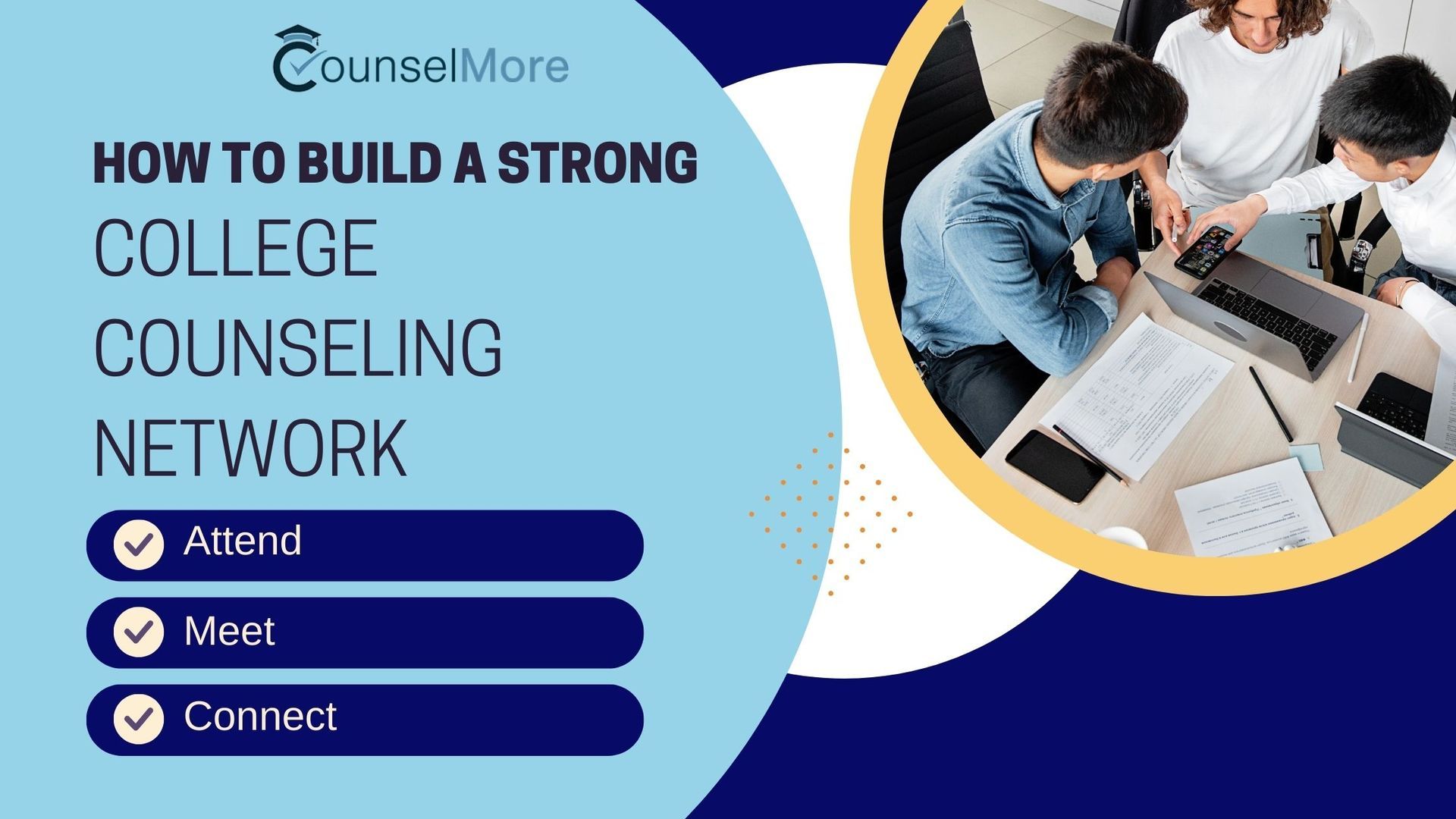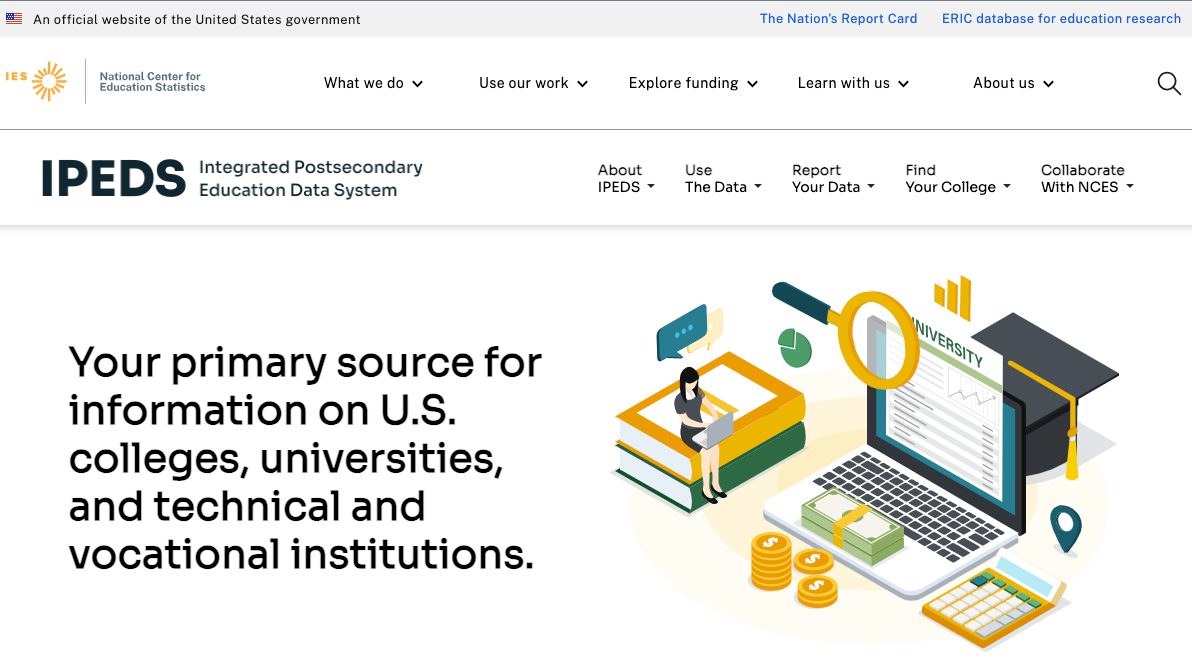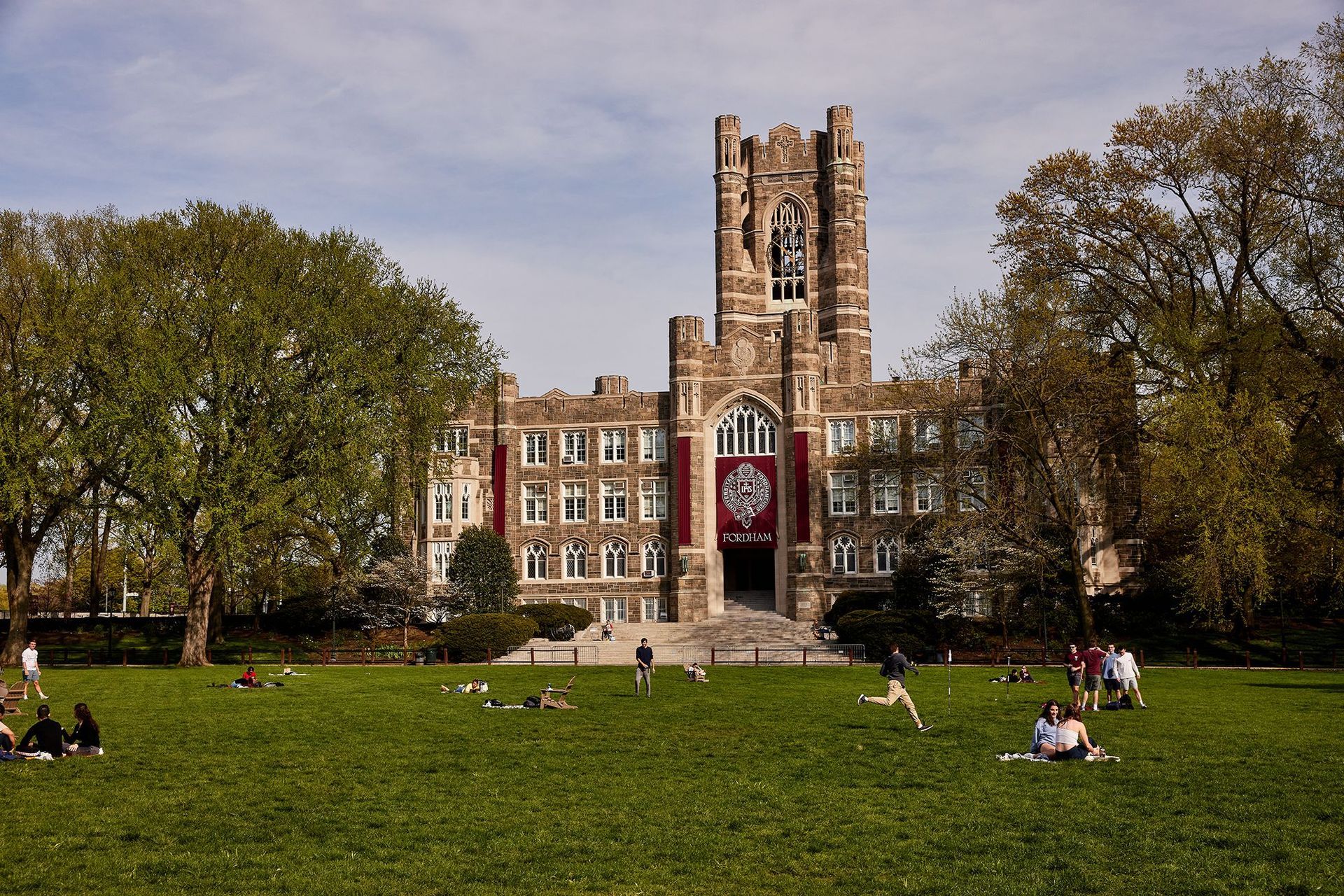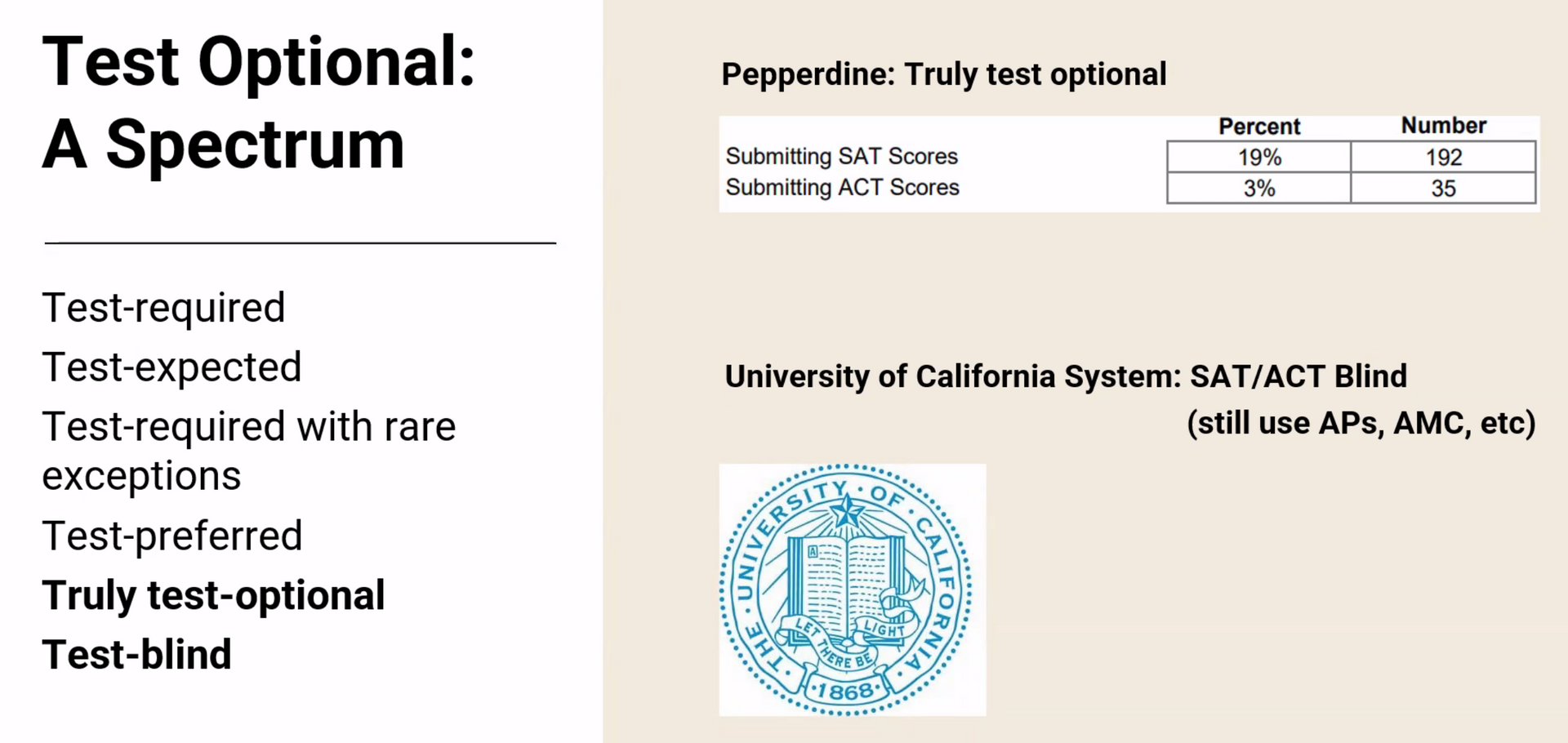Marc Gray is the Founder and Director of Education for Odyssey College Prep and the CEO of Powerful Prep. Marc uses advanced aptitude testing to simplify the college admissions process for students and parents. He also guides students to create targeted passion projects to differentiate their college applications. He currently serves as the Highlands Company’s ambassador to CounselMore. In that role, he enjoys helping other college counselors use aptitude testing to enhance their business. As an active member of CounselMore’s community, Marc hosts CounselMore’s Mentorship Community Roundtable Discussion, where college counselors can learn from one another and instruct each other in best practices.
Early Decision Dates: Unlocking the Calendar

The college application process is an exciting yet nerve-wracking time for high school seniors. For those considering
early decision options, understanding the early decision release dates, application deadlines, and notification timelines is crucial. In this article, we will discuss when schools’ early decision applications are due and when those schools inform you of a decision to help you plan your application strategies effectively.
Understanding Early Decision
Early Decision (ED) is a college admissions process that allows you to apply to your preferred institution early in your senior year. By applying early decision, you indicate a strong commitment to attending the specified college if admitted. This process typically comes with an advantage, as admission rates for early decision applicants tend to be higher compared to regular decision applicants.
Early Decision 1 (ED1) was traditionally for highly competitive students confident of their first-choice school. Meanwhile, early decision 2 (ED2) emerged as a more flexible option. The flexibility of ED2 provides additional time for students to evaluate choices and strengthen applications. If admitted, you must withdraw all other college applications.
The emphasis here is on the word must. Applying ED1 or ED2 is a contractual agreement that you will attend the school if admitted.
Early Decision Release Dates
Applying early decision is nuanced. Even though you might apply early decision, you will still need to prepare (or at least begin preparing) other applications in case you are not accepted or deferred from your ED school. However, if you're accepted into your ED school, you will be obligated to withdraw all other applications. So, knowing when early decision comes out or when you will be notified of a school’s decision is important to planning applications for your backup schools.
Remember this - ED1 typically has a deadline in November of the senior year, with decisions released in December. On the other hand, ED2 has a later deadline, usually in January, and decisions come out in February.
To help you plan for application season,
CLICK BELOW to see if your planned school offers early decision 1, early decision 2, and/or early action.
Again, these tables provide a comprehensive overview of the
early decision and early action application policies across various universities and colleges. Use these as a reference for your early decision strategy and
college list building.
If you’re considering applying Early Decision 1:
Many institutions offer an Early Decision 1 option, indicating that students can apply early and receive a decision in the first round. This would be a good choice if you are dead-set on what school you want to attend and if you are able to get your applications submitted early. Notable schools such as
Boston University,
Brown University,
Carnegie Mellon University,
Case Western Reserve University,
Chapman University,
Columbia University,
Cornell University,
Dartmouth College,
Duke University,
John Hopkins University,
New York University,
Pepperdine University,
Rice University,
University of Pennsylvania, and
Vanderbilt University offer this option.
If you’re considering applying Early Decision 2
Some schools provide an Early Decision 2 option, allowing students another opportunity to apply early if they missed the ED1 deadline, want to compare financial aid packages, or need more time to boost their application. Institutions like
Boston University,
Carnegie Mellon University,
Case Western Reserve University,
Dartmouth College,
John Hopkins University,
New York University, and
Vanderbilt University offer this choice. Logically, all schools that offer early decision 2 options also offer early decision 1 options.
If you’re considering applying Early Action
Early Action programs allow students to apply early and receive a decision earlier than the regular decision timeline without committing to attend the institution if admitted. This would be a good choice if you are unsure about which school you want to attend or if tuition costs and finances are a big part of your decision. By applying early action, you would have more flexibility to compare financial aid packages or scholarship offers, allowing you to pick from whatever institutions you have been accepted into. Some schools that offer early action but not early decision options are California Institute of Technology, Florida State University, Georgia Institute of Technology, Harvard University, MIT, North Carolina State, Princeton University, Purdue University, Stanford University, University of Georgia, University of Notre Dame, Virginia Polytechnic Institute, and Yale University.
Conclusion
Early decision is a significant option if you are dead-set on a specific college. Being well-informed about the early decision release dates, application deadlines, and notification timelines is crucial for a smooth application process. Remember especially that ED1 typically has a deadline in November of the senior year, with decisions released in December. ED2 has a later deadline, usually in January, and decisions come out in February. By knowing which schools offer ED1, ED2, and early action, you can better plan your applications and relieve some of the stress associated with the college admissions journey.



















